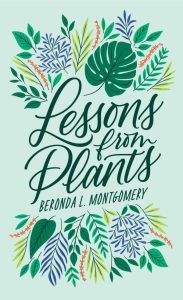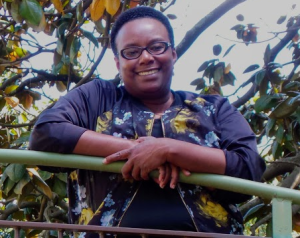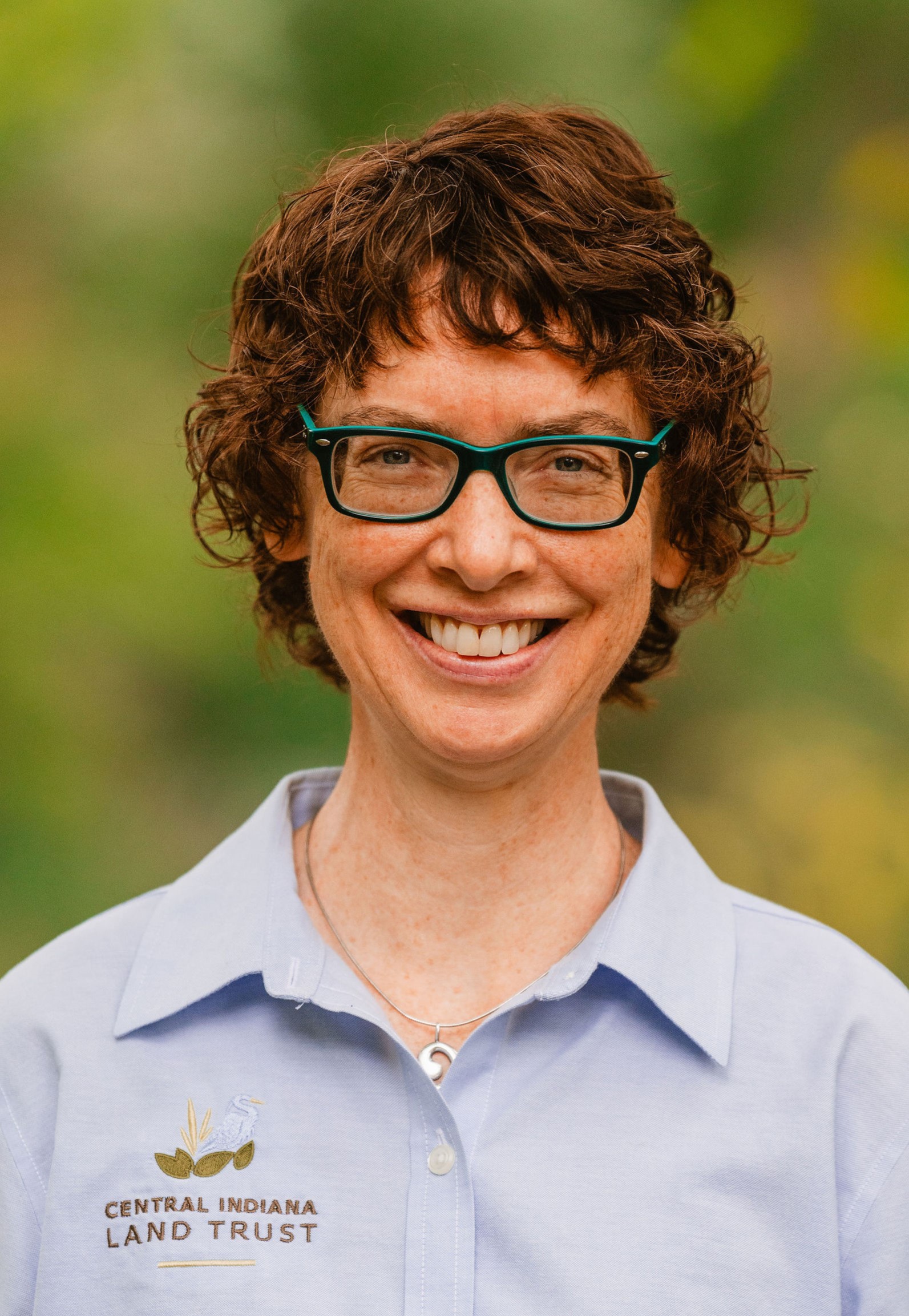Part 7 of our winter “Staff Picks” series
Plants make choices. They network and communicate, compete and collaborate. They assess risks and allocate their energies accordingly. They alter their behavior and morphology according to environmental cues. They even spread the word about threats to kin and non-kin alike.
Plant biologist Beronda Montgomery explores all of this in fascinating detail in Lessons from Plants. In six dynamic chapters, the book reveals the extraordinary lives of plants. The author extrapolates their resilience into insightful teachings.
 Dr. Montgomery’s passion for nurturing the next generation and uplifting marginalized communities shines throughout the book. If the insights in Lessons are any indication, her mentoring is grounded in deep reflection and scientific understanding. In tribute to her work, Cell journal listed her as one of 100 Inspiring Black Scientists in America in 2020.
Dr. Montgomery’s passion for nurturing the next generation and uplifting marginalized communities shines throughout the book. If the insights in Lessons are any indication, her mentoring is grounded in deep reflection and scientific understanding. In tribute to her work, Cell journal listed her as one of 100 Inspiring Black Scientists in America in 2020.
Dr. Montgomery urges readers to overcome what she calls “plant bias”—the tendency to overlook plants and their unsung abilities. Humans tend to be oblivious to the incredible beings living nearby, sometimes right under our feet. To counter this, she shares scientific findings, offering the latest data on how plants perceive, respond to, and alter their worlds.
The book’s six chapters each focus on a key aspect of plant behavior and its relevance to human life. Each chapter closes with Dr. Montgomery’s insightful reflections on how plant behavior holds a lesson for humans—embracing resilience in the face of adversity, sharing resources, nurturing diversity, and more.
Native plant lovers will enjoy gaining molecular-level knowledge of these organisms’ capabilities. For example, Dr. Montgomery discusses how plants communicate with one another through chemical signaling and symbiotic relationships. Volatile organic compounds are “a form of language” that transmit information. The communication occurs not just within species, but to different species, and even to other groups like bacteria and insects.

Dr. Montgomery also considers the interrelatedness of mycorrhizal fungi and plants. What might this model for humanity? She advocates creating diverse support networks in the human community. She notes that individuals fare better in a diverse environment than they do individually or with others similar to themselves.
In one of the most intriguing passages, she describes pioneer plants, the first plants to grow in a barren environment. These are the hardy sprouts that take hold in sidewalks, cliff edges, and even hardened lava. They are able to “track trace moisture in the most minute of cracks” and grow in a medium with extremely limited nutrients.
But many of them can actually increase the availability of nutrients. They do this by either forming relationships with beneficial bacteria or fungi, or by excreting compounds to make nutrients more soluble. As they take hold, they prepare the way for the second wave of succession plants. They actively alter the pH of the soil, while increasing soil stability and reducing the impact of damaging winds.
The author argues that similar skills are required to promote positive change in human environments. By emulating these scrappy plants, committed leaders can push through obstacles, creating change often with minimal resources. These changemakers’ work—typically requiring “an initial period of disruption”—can change the space to support the next wave of change agents, who can go on to sustain more systemic transformation.
Lessons from Plants is an illuminating book offering a fresh perspective on the plant kingdom, as well as a call to action for attending more closely to our plant kin. Line drawings and quotes open each chapter with an artful, poetic meditation. Beronda Montgomery’s passion for her subject matter shines through, making this a thought-provoking read for nature enthusiasts and native plant aficionados.
A version of this article first appeared in the Indiana Native Plant Society’s Journal.

Shawndra Miller
Communications Director